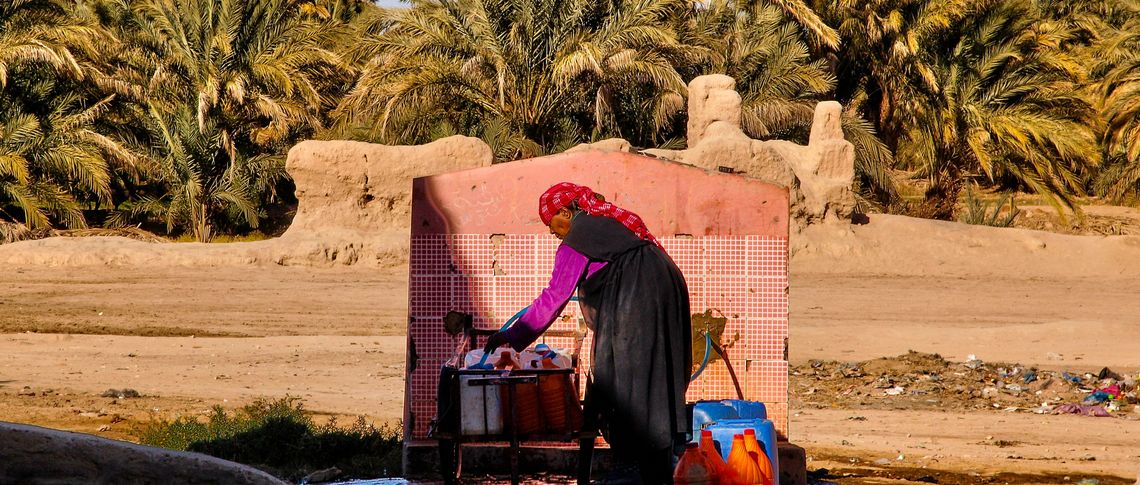
Morocco has made significant strides in recent years towards sustainable development and environmental protection. As a country facing unique challenges due to its geography and climate, Morocco has implemented various initiatives to address environmental concerns and promote sustainability. This article explores some of the key local efforts and the challenges that remain.
Renewable Energy: A Pillar of Sustainable Development in Morocco
Morocco has emerged as a leader in renewable energy in Africa, with ambitious goals to increase its reliance on clean energy sources[1]. The country’s flagship project, the Noor Energy 1 solar power plant, is one of the largest in the world and is expected to provide electricity to over 1 million people[2]. This initiative not only reduces Morocco’s dependence on imported fossil fuels but also contributes to the country’s commitment to becoming carbon neutral by 2050.
Key initiatives:
- Implementation of feed-in tariffs and tax credits to promote renewable energy adoption
- Construction of wind farms along the coast
- Encouragement of energy-efficient practices in buildings and appliances
Water Scarcity: Addressing a Critical Challenge
Water scarcity is a pressing issue in Morocco, exacerbated by climate change, population growth, and resource exploitation[2]. The government has taken several steps to mitigate this problem:
- Construction of dams to improve water storage and management
- Promotion of water-saving technologies in agriculture, such as drip irrigation systems
- Development of wastewater treatment facilities to encourage water recycling and reuse
Sustainable Tourism and Forestry
Morocco is actively participating in the Africa Forests and Communities Tourism COP (AFCT COP), which aims to promote ethical tourism growth and responsible forestry practices[2]. This initiative brings together various stakeholders to share knowledge and best practices for preserving forests while sustainably developing the tourism industry.
Waste Management and Recycling
Despite progress in other areas, waste management remains a significant challenge in Morocco. As of 2015, only 10% of collected waste was being disposed of in an environmentally and socially acceptable manner[3]. However, recent initiatives aim to improve this situation:
- The National Strategy for Waste Reduction and Recovery (SNRVD) targets increasing plastic recycling rates to 50% by 2025 and 70% by 2030[4]
- Development of new controlled landfill sites and closure of illegal dumping grounds[5]
- Promotion of recycling and waste sorting practices among the population
Biodiversity Conservation
Morocco is home to diverse ecosystems, from coastal areas to mountains and deserts. Conservation efforts include:
- Implementation of the “Marine Protected Areas” program to protect marine habitats and species
- Efforts to preserve and restore forests in the Atlas Mountains
- Protection of endangered species such as the Barbary macaque
Challenges and Future Directions
While Morocco has made significant progress, several challenges remain:
- Plastic pollution: Despite a ban on plastic bags, enforcement remains difficult, particularly in informal markets[5].
- Urban development: Balancing urban growth with environmental protection is an ongoing challenge.
- Public awareness: Increasing environmental education and encouraging sustainable practices among the population is crucial.
- Funding and infrastructure: Expanding waste management and recycling facilities, especially in rural areas, requires significant investment.